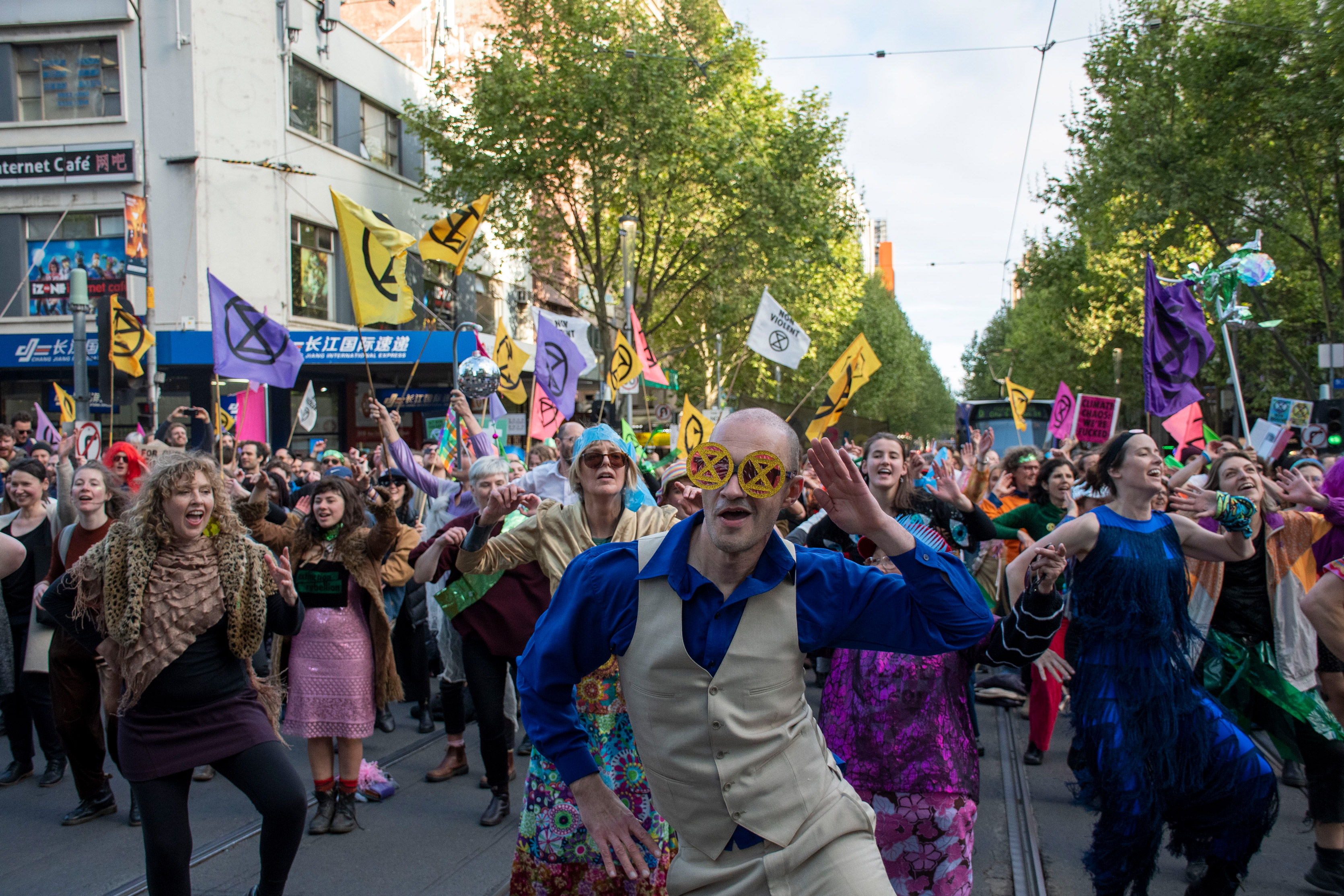In the video Lisa* proudly shares, her two young children sit on the wooden floorboards of their home in one of Melbourne’s young, far-flung suburbs, happily scooping birthday cake into their mouths.
The cake, made from a 75 cent packet mix, testifies to Lisa’s determination to rise above the week-to-week struggle of running a single parent household on a budget which never goes the distance. The trick, she says, is to treat it “as a game”.
There have been plenty of moments when Lisa has found herself reflecting on how such hardships were formative for her grandparents. She sees this period in her life defining her in a similar way.
She’s cooking economical meals in big batches. Scooping spoonfuls of Nescafe instead of buying barista coffee. Putting the sidelined health and household insurance policies to the back of her mind.
“I’m learning all these really important lessons … I feel like I’m living through what my grandparents lived through in the depression.”
Lisa recalls her grandmothers and their ability to make full family homes with little money, and she’s determined to do the same for her children.
“I’m not really on my own. I’m part of this tradition of women trying to keep it all together.”
Lisa has a PhD, a sessional university teaching gig and was developing a fledgling communications business when coronavirus hit.
With universities excluded from JobKeeper subsidies, and over 17,000 full time equivalent jobs lost to COVID19, many academics found themselves in dire straits. Lisa qualified because of her business.
“JobKeeper was just a lifesaver, because it meant I could cover my rent, keep my business ticking along, and keep us afloat.”
When the payments ceased at the end of March, her financial situation plummeted. She’s had to get by without child support, with the fathers of both children out of work, and one of them now requiring support from her.
She’s largely scraped by on sessional teaching and marking. “I think if I hadn’t have got that, then I’d be really rooted”.
While she questions her ex-partner’s financial claims, she won’t confront him, she says, for fear it would only cause more grief. “(My child) is so sensitive and doesn’t miss a thing … I don’t want them to have to carry anything extra.”
“If money changes and it’s hard to put food on the table, or hard to buy kids clothes, money in and of itself can become a major wedge in relationships and ramp up conflict and other things.”
A recent Grattan Institute report found employment for single parents – already among the most disadvantaged people in Australia before the pandemic – was still five per cent below the pre-pandemic levels. Meanwhile, employment for couples parents is above five per cent.
The year of JobKeeper payments provided more than some financial security for Lisa. “Getting JobKeeper helped me make the shift in my mind from academia to business and take myself seriously as a business owner … it sustained me in the business sphere.” But while the subsidy has gone, the business has yet to generate any income, and likely won’t for a while.
And so, she’s – for now – heading back into academia. Lisa’s just been offered a short-term university research position, which means she can stop relying on her parents to help her cover rent and bills – a huge relief.
“I just feel like I’m going to be able to better support (the children). Knowing that I’ve got that work coming in gives me a bit more certainty, at least for the near future, and makes me feel more confident that we’re going to pull out of this pandemic period.”
She celebrated by buying a lamb roast, albeit the smallest one on the shelf.
It occurs to her that she can probably afford the odd flat white now. But “I’m happy with my Nescafe,” she laughs. “So maybe I’ve changed.”
“Learning how to really watch my money, like almost every cent, I don’t know if I’m ever going to change that.”
*Lisa requested not to be named.
This is part of a special series co-published with The Age.




